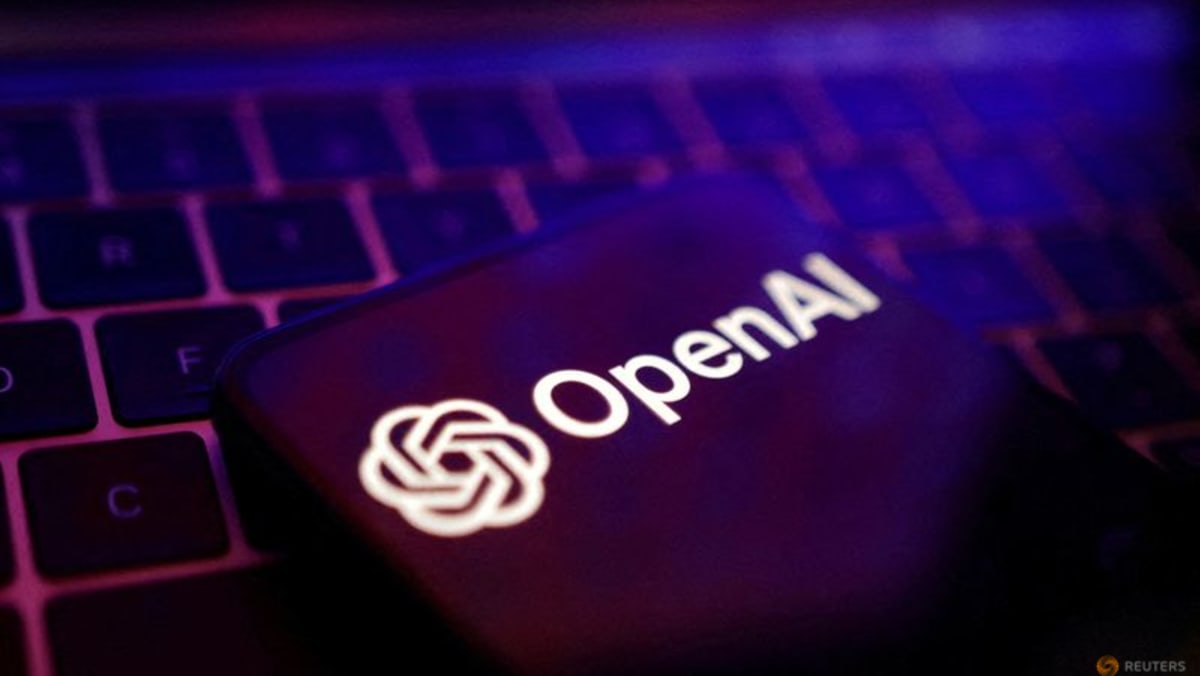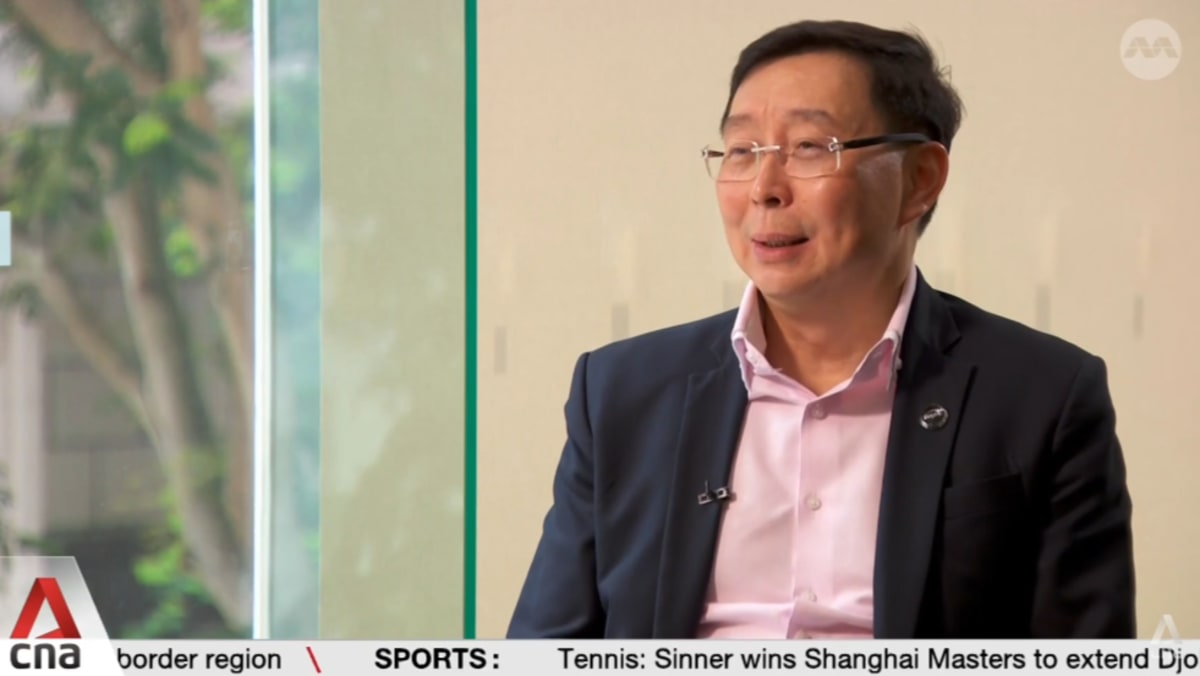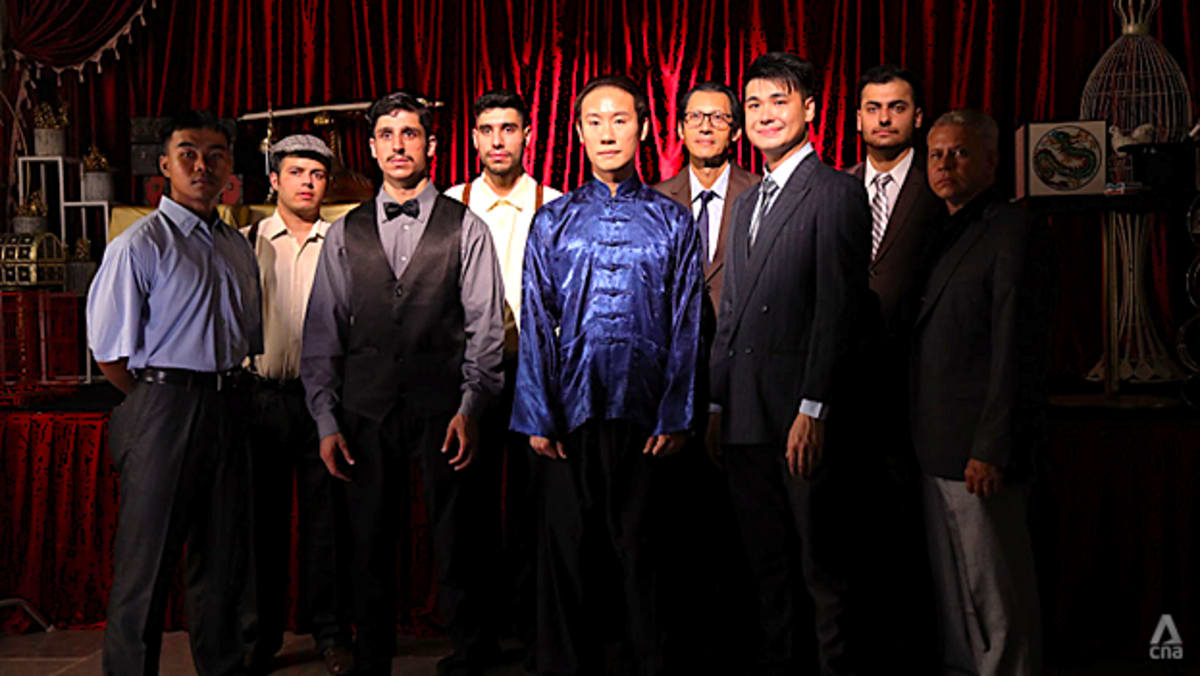SINGAPORE: Singtel said a lack of talent trained in artificial intelligence (AI) could be one of Singapore’s most consequential bottlenecks in its digital journey.
This comes as the telco giant launched its new end-to-end AI cloud venture RE:AI last Thursday (Oct 10), aimed at making AI technologies and services more accessible and affordable for organisations.
The service will be particularly beneficial for local public and sensitive sectors such as financial institutions that are looking to process data locally with a homegrown player, the company said.
To grow the talent pool, Singtel is launching an AI Acceleration Academy (AAA) in partnership with AI Singapore, the National University of Singapore (NUS), and Nanyang Technological University (NTU).
The telco aims to train its employees to become more AI proficient, and develop a curriculum that other enterprises can also take advantage of to better adapt to an increasingly AI-driven environment.
Aside from Singtel, a slew of major firms have also announced plans to set up and ramp up activities in the nation. The latest is ChatGPT’s parent company OpenAI, which plans to open its Singapore office later this year as part of global expansion plans.
Mr Bill Chang, CEO of Singtel’s Digital InfraCo unit, said AI can be a huge force multiplier and productivity driver, with opportunities ahead for many enterprises.
In a wide-ranging interview, he told CNA how Singtel stands out against competitors, why Singapore is an attractive destination for AI investors, and how the nation can sustain the momentum to stay ahead of the AI revolution.
Q. Tell us about RE:AI and how it stands out among the long line of investors in Singapore’s AI space?
Our RE:AI cloud service is about addressing the complexity of the infrastructure at the data centre level. We make it a service… from integration of software… to delivery with various types of networks … (including) a quantum safe networking for highly sensitive data. By combining all these, making it open and scalable, making it efficient and removing the complexity, making it simpler to use for industries and enterprises, is RE:AI’s mission.
We are a homegrown brand, offering sovereign GPUs (graphics processing units) from a homegrown operator. There are customers who value that.
Q. What makes Singapore so attractive for AI investment?
Firstly, Singapore is a business hub. We’ve got very good trust around the global business community and excellent communications infrastructure. We’ve got very good outreach (in) Southeast Asia… and an ability to export very quickly. The successes that we’ve built as a hub, and replicating that across our partners in the region, are very attractive to AI innovators around the world.
By creating collaboration platforms and building upon our attractiveness as a hub, that’s where Singapore has the opportunity to attract many more (investors). We’ve got a very progressive government that thinks about policies with private and public sector collaborations, (including) agencies in science and research.
Q. How important are public-private partnerships for businesses deciding to set up in a country?
We’ve got to make sure that these partnerships in the public and private sectors are very purpose-driven in achieving what matters to these companies. We (have to) make sure that we are very targeted to address the needs of AI innovators who want to expand beyond their home markets and to think about Asia, to think about Singapore.
I think we’re at the start of this. We’ve had some quick successes, which is really heartening to see. But this is at the early onset of AI, with companies expanding and coming to this region. It’s key to sustain that momentum and extend that success, so that we can create a bigger ecosystem. As we have more and more players here, the ability to create these intersections and interconnections will generate more value.
Q. What can Singapore do to become more attractive for AI investors?
I would say: Build on the talent pool. AI companies are very deep in tech, and as they expand, they will need top calibre people in AI engineering, data scientists and people who are able to translate solutions.
There are many companies that want to deploy AI but find it very hard.
(For Singtel), we aim to train our over 10,000 employees to be AI proficient, so that they are able to capture value in this AI revolution that is ahead of us.
(There is also) the sustainability issue. With GPUs consuming so much energy and carbon footprint, how do we do it sustainably? We need to get our infrastructure ready to be able to deploy more GPUs to support the AI drive.
Q. How can data centres stay both high-performing and sustainable?
GPUs, the heart of processing for AI outcomes, consume a lot of energy and generate a lot of heat. We need specialised environments (such as) liquid-cooled designs to handle that. (Singtel) has been investing heavily in sustainable, AI-ready data centres.
Last June, there were only about 60 megawatts (MW) operating in Singapore. We are now building a huge inventory of data centres across four countries in Southeast Asia, more than 400MW, and half that capacity (will) be liquid cooling capabilities.
At the same time, we are looking at, for example, using renewable energy to power our assets in our operations, and working with our customers to solve some of the renewable energy needs in the coming years.














